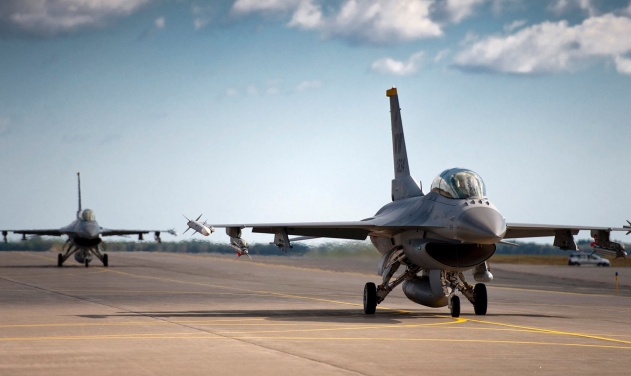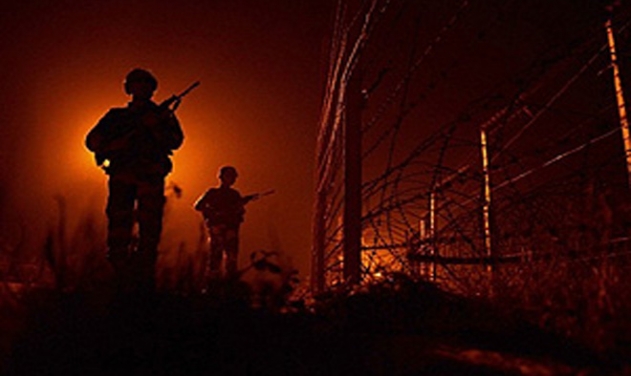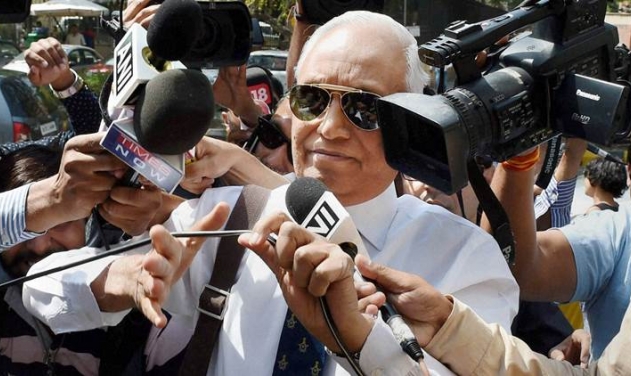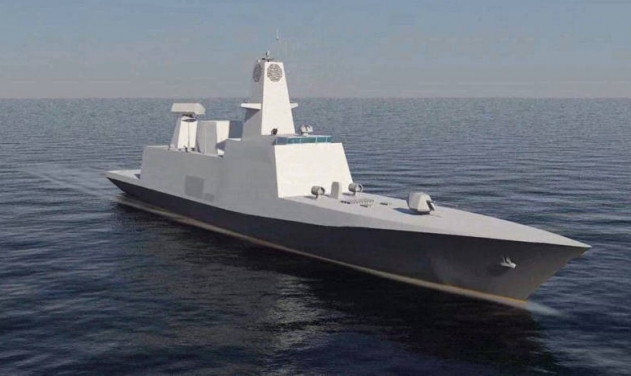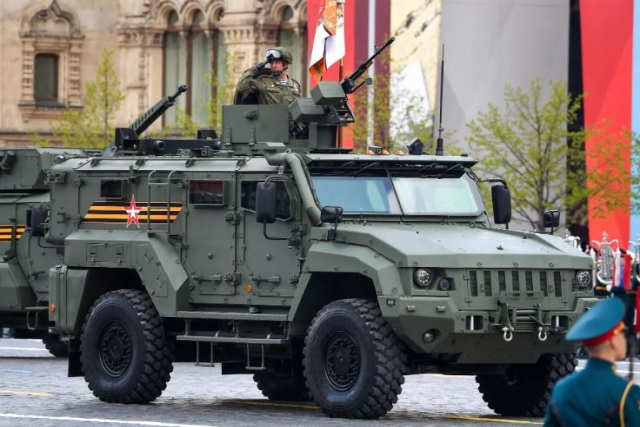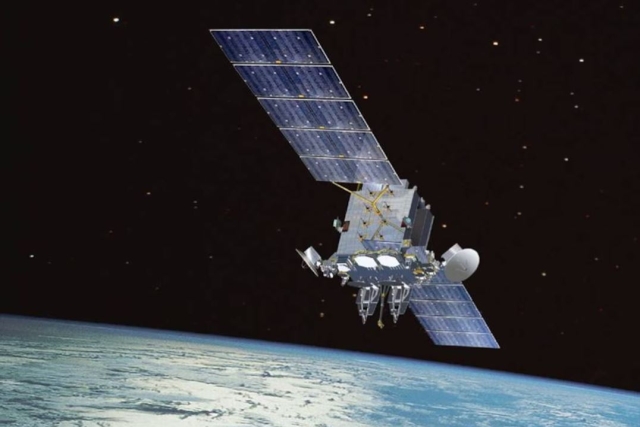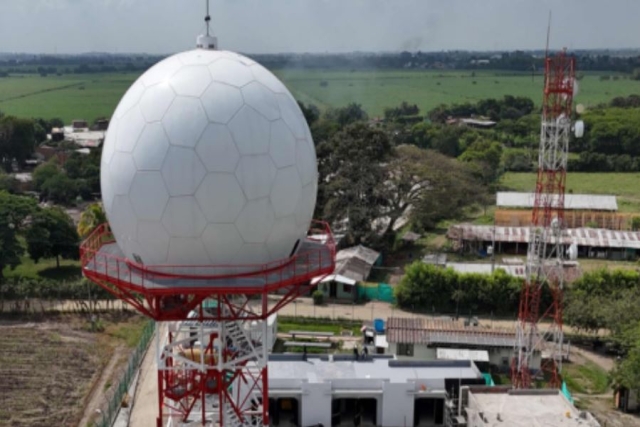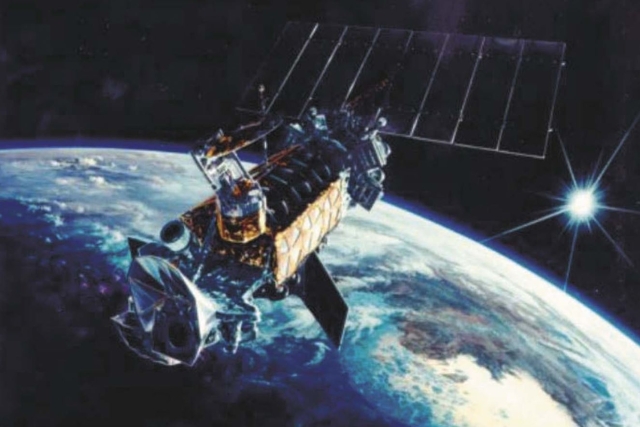Surpassing Saudi Arabia, UK, India To Become Third Largest Military Spender in 2018
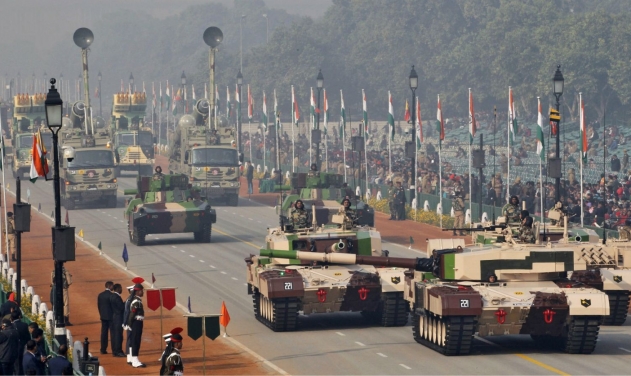
India is to become the world’s third largest military spender in 2018 surpassing UK and Saudi Arabia which occupy the third and fourth place, according to an analysis by IHS Janes.
The first and second spot will continue to be occupied by the US with $622.3 billion and China with $191.75 billion, according to the 2016 Jane’s Report, released by research firm IHS Markit on Dec. 12.
Last year, the third largest economy spent $46.6 billion, whereas this year the expenditure is about $50.6 billion, overtaking Saudi Arabia whose defense spending this year is $48.68 billion.
While Russia was at the fourth place last year, in 2016, it slipped to the sixth spot. Currently the Russian defense spending is $48.44 billion.
The report states that by 2018, India will become the third-largest in the group, surpassing the UK whose current military expenditure is $53.81 billion.
“Procurement spending has been constrained in India over the last three years as personnel costs have increased,” Craig Caffrey, principal analyst, IHS Jane’s, said in a statement.
“However, what we expect to see from 2017 onwards is a military focused on modernization. India needs new equipment to fulfill its modernization drive. Over the next three years, India will re-emerge as a key growth market for defense suppliers.” Caffrey added.
In 2016, the total global defence spending increased to $1.57 trillion.
In 2014, India purchased some Rs 36,900 crore ($5.57 billion) worth of arms, ammunition, and related goods from abroad. Earlier this year, India also signed a €7.8-billion (around Rs58,000 crore) deal to buy 36 Rafale fighter jets from France.
The Indian government has been eyeing at increasing the share of domestic manufacturing in defence goods. India spends some 1.8% of its GDP on defence. Of this, up to 36% is spent on capital acquisition.
The government had also raised foreign direct investment limit for the sector to 49%, helping Indian private firms to partner with multinational defense companies. India needs to spend some $130 billion to modernise its military over the next seven years.
